Did Oregon Screw Up? Will 14:00 Be Enough?
Did Oregon Screw Up? Will 14:00 Be Enough?
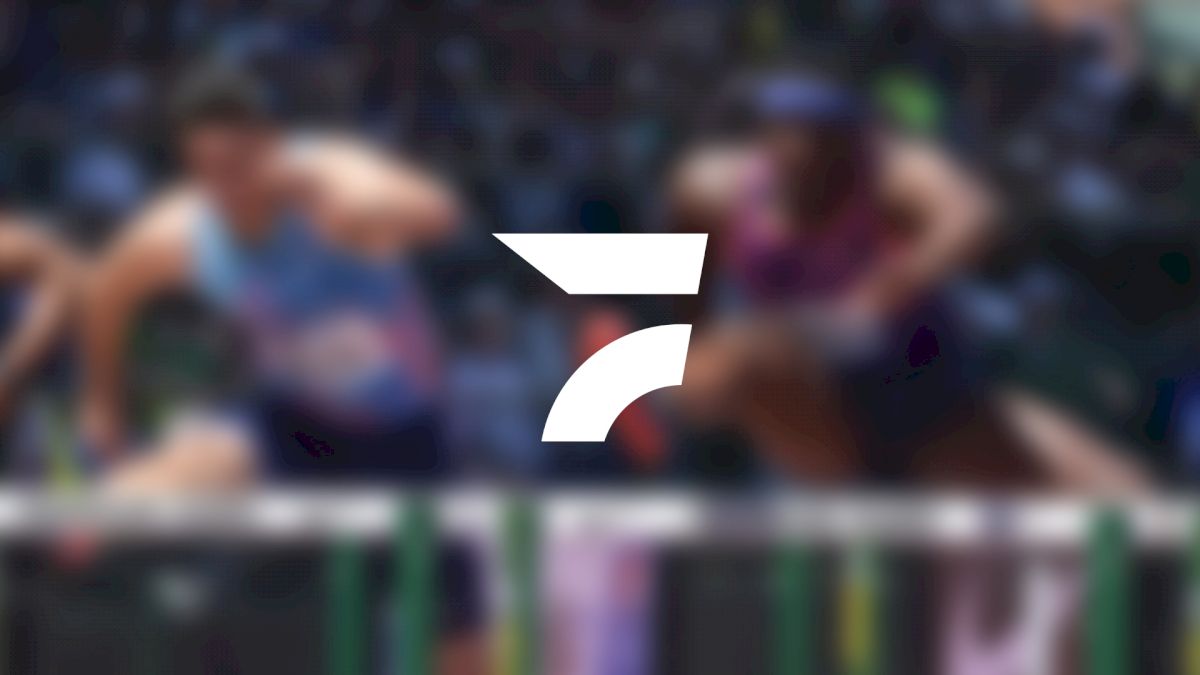

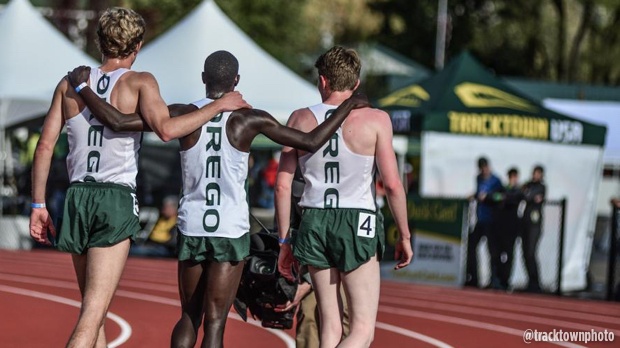
As we all know, the process for qualifying for the NCAA Outdoor Championships is simple. Run a top 48 mark in your region (west/east) and then race in heats at the regional prelims to a top 12 finish. For some elite runners, such as the Oregon distance men, running a top 48 mark in your region is not very difficult, thus they have the luxury of taking the regular season ‘easy.’
Last year, the Ducks ran their 10k and 5k west regional qualifying marks in a controlled manner. At the Stanford Invitational 10k, Edward Cheserek, Parker Stinson, and Trevor Dunbar ran 28:51-28:52 to finish in 21st - 23rd place. At the Oregon Relays, Eric Jenkins made his Oregon debut fist pumping with Cheserek at the finish line in a controlled 13:46.
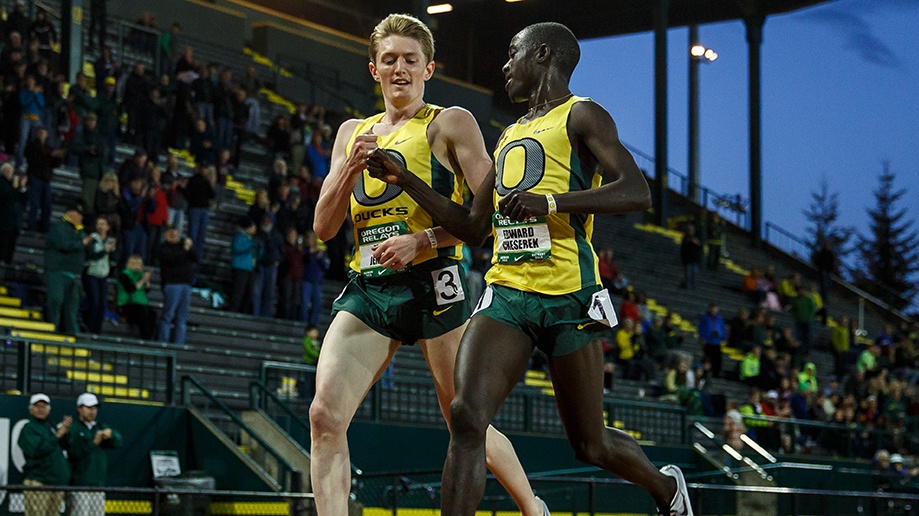
Jenkins and Cheserek's first race as teammates back in April 2014
This year has been more of the same. The Oregon men ran a controlled 10k at Stanford and now this past weekend the distance crew put together another patent ‘qualifying’ run as Cheserek, Jenkins and Will Geoghegan finished the 5k together crossing the line in 14:00 for a 1-2-3 finish.
But was their 1-2-3 finish fast enough?
First, let’s look at what it took to qualify for the west regional 5k the past five years.
Last Qualifier in the West:
2014 14:10.09 Kevin Joerger (Loyola Marymount)
2013 14:12.89 Chris Enriquez (Long Beach State)
2012 14:12.41 Daniel Howell (Utah State)
2011 14:09.71 Patrick Kimeli (Texas A&M - CC)
2010 14:27.34 Brock Hagerman (New Mexico)
So, I’m sure it was assumed based on recent history that 14:00 is fast enough so the Oregon trio should be 'safe.' But are they truly safe? Let’s take a deeper look at the current 5k scene in the west. Currently, the Oregon trio rank 24th, 25th and 26th in the west region.
| 01 | 13:30.50 | Sam Stabler (Lamar) |
| 02 | 13:31.59 | Anthony Rotich (UTEP) |
| 03 | 13:39.06 | Brandon Doughty (Oklahoma) |
| 04 | 13:45.83 | Kirubel Erassa (Oklahoma State) |
| 05 | 13:50.10 | David Elliott (Boise State) |
| 06 | 13:50.35 | Jefferson Abbey (Colorado St.) |
| 07 | 13:51.20 | Seth Totten (UC Riverside) |
| 08 | 13:51.54 | Patrick Corona (Air Force) |
| 09 | 13:51.86 | Michael Vennard (Boise State) |
| 10 | 13:51.93 | Steve Flint (BYU) |
| 11 | 13:53.38 | Dallin Farnsworth (BYU) |
| 12 | 13:53.52 | Malachy Schrobilgen (Wisconsin) |
| 13 | 13:53.74 | Willie Milam (Gonzaga) |
| 14 | 13:54.44 | William Kincaid (Portland) |
| 15 | 13:55.49 | Nathan Weitz (Northern Arizona) |
| 16 | 13:55.86 | Jerrell Mock (Colorado St.) |
| 17 | 13:56.08 | Weston Strum (Northern Arizona) |
| 18 | 13:56.82 | Cosmas Boit (UTEP) |
| 19 | 13:57.43 | Aaron Bartnik (Minnesota) |
| 20 | 13:57.91 | Cameron Villarreal (Texas A&M) |
| 21 | 13:58.21 | Michael Ward (Bradley) |
| 22 | 13:58.96 | Patrick Gibson (Stanford) |
| 23 | 13:59.15 | Eric Causey (San Francisco) |
| 24 | 14:00.72 | Edward Cheserek (Oregon) |
| 25 | 14:00.74 | Eric Jenkins (Oregon) |
| 26 | 14:00.75 | Will Geoghegan (Oregon) |
However, with five weekends left to qualify there are A LOT of athletes with the potential to run under 14:00. 23 west athletes have already broken 14:00 this season (above), but there are another 45 who have broken 14:00 in indoor competition this year or at some point, indoor or outdoor, last year.
| 01 | 13:29.84 | Joe Rosa (Stanford) |
| 02 | 13:36.91 | Erik Olson (Stanford) |
| 03 | 13:37.64 | Sean McGorty (Stanford) |
| 04 | 13:38.92 | Morgan Pearson (Colorado) |
| 05 | 13:39.29 | Pierce Murphy (Colorado) |
| 06 | 13:40.30 | Craig Lutz (Texas) |
| 07 | 13:42.08 | Jason Witt (BYU) |
| 08 | 13:42.56 | Maksim Korolev (Stanford) |
| 09 | 13:43.70 | Kevin Lewis (Iowa) |
| 10 | 13:44.81 | Ryan Herson (Arizona State) |
| 11 | 13:44.96 | Kemoy Campbell (Arkansas) |
| 12 | 13:47.42 | Aaron Nelson (Washington) |
| 13 | 13:47.96 | Marc Scott (Tulsa) |
| 14 | 13:48.34 | Ammar Moussa (Colorado) |
| 15 | 13:48.48 | Stanley Kebenei (Arkansas) |
| 16 | 13:48.97 | Ben Saarel (Colorado) |
| 17 | 13:49.99 | Ryan Rutherford (Illinois State) |
| 18 | 13:50.55 | Jim Rosa (Stanford) |
| 19 | 13:52.33 | Daniel Herrera (UCLA) |
| 20 | 13:52.40 | Drew Jordan (Washington St.) |
| 21 | 13:52.43 | Futsum Zienasellassie (Northern Arizona) |
| 22 | 13:54.26 | Jack Keelan (Stanford) |
| 23 | 13:54.86 | Dylan Lafond (Illinois) |
| 24 | 13:55.20 | Lane Werley (UCLA) |
| 25 | 13:55.56 | Matt McElroy (Northern Arizona) |
| 26 | 13:55.57 | Jake Hurysz (Colorado) |
| 27 | 13:55.91 | Connor Winter (Colorado) |
| 28 | 13:56.80 | Ian Barnett (Illinois) |
| 29 | 13:56.87 | Ferdinand Edman (UCLA) |
| 30 | 13:56.95 | Andy Trouard (Northern Arizona) |
| 31 | 13:57.07 | Michael VanVoorhis (Wisconsin) |
| 32 | 13:57.08 | Jacob Morgan (Kansas) |
| 33 | 13:57.31 | Thomas Joyce (California) |
| 34 | 13:57.62 | Blake Theroux (Colorado) |
| 35 | 13:57.91 | Cameron Villarreal (Texas A&M) |
| 36 | 13:58.03 | Caleb Hoover (Northern Arizona) |
| 37 | 13:58.85 | Ben Larson (Colorado St.) |
| 38 | 13:59.10 | David Perry (Portland) |
| 39 | 13:59.17 | Jannis Topfer (Illinois) |
| 40 | 13:59.25 | Jeramy Elkaim (Oregon) |
| 41 | 13:59.30 | Garrett Sweatt (Stanford) |
| 42 | 13:59.34 | Chris Walden (California) |
| 43 | 13:59.44 | Reid Buchanan (Portland) |
| 44 | 13:59.64 | Gabe Gonzales (Arkansas) |
| 45 | 13:59.71 | Brogan Austin (Drake) |
Now obviously some of these athletes will not declare to run the 5k and not all of these athletes may even attempt a 5k this season. But, 68 athletes is a high number of runners and when you add the potential of new athletes not on this list entering the sub-14 club, 14:00 doesn’t appear as safe as originally thought. While the Oregon trio can easily run another 5k at Payton Jordan, Oregon Twilight or Pac-12s, I would assume ideally they only wanted to run the 5k and 10k once during the regular season to focus on speed work for championship style races.
Do you think 14:00 will be safe? Let us know in the comments.
Related Content
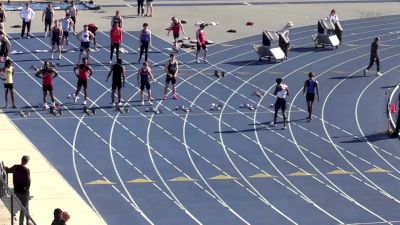 Replay: GVSU Extra Weekend | Apr 25 @ 12 PM
Replay: GVSU Extra Weekend | Apr 25 @ 12 PMApr 26, 2024
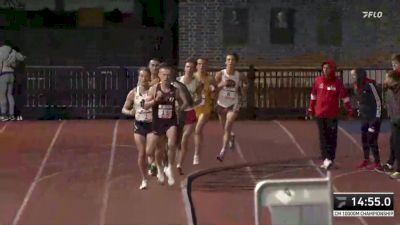 Men's 10k Event 210 - Championship, Finals 1
Men's 10k Event 210 - Championship, Finals 1Apr 26, 2024
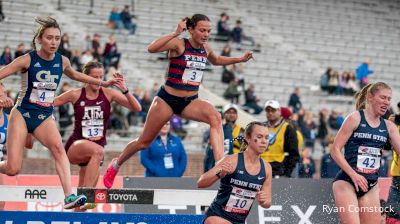 Penn Relays 2024 Results On Day 1: See Which NCAA Stars Won
Penn Relays 2024 Results On Day 1: See Which NCAA Stars WonApr 26, 2024
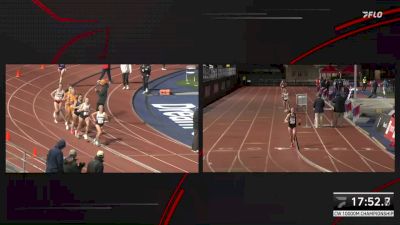 Women's 10k Event 209 - Championship, Finals 1
Women's 10k Event 209 - Championship, Finals 1Apr 26, 2024
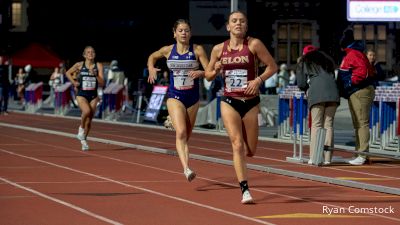 Jette Beermann Pushes To Win Women's 5000M Competition At Penn Relays
Jette Beermann Pushes To Win Women's 5000M Competition At Penn RelaysApr 26, 2024
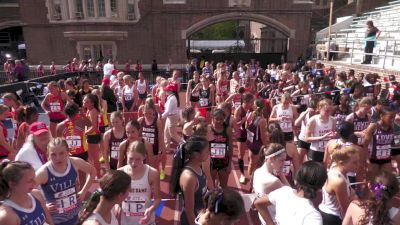 Replay: Paddock - 2024 Penn Relays presented by Toyota | Apr 25 @ 1 PM
Replay: Paddock - 2024 Penn Relays presented by Toyota | Apr 25 @ 1 PMApr 26, 2024
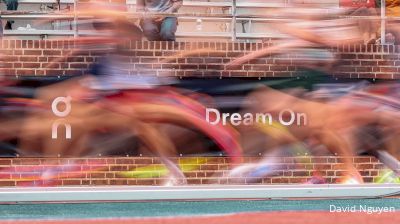 North Carolina Track And Field Stars Win At Penn Relays Year After Wreck
North Carolina Track And Field Stars Win At Penn Relays Year After WreckApr 26, 2024
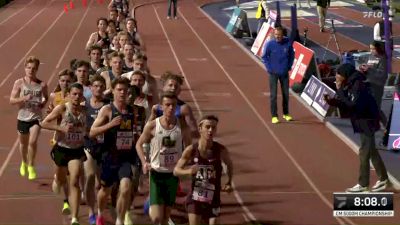 Men's 5k Event 208 - Championship, Finals 3
Men's 5k Event 208 - Championship, Finals 3Apr 26, 2024
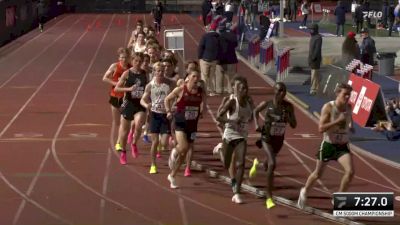 Men's 5k Event 208 - Championship, Finals 2
Men's 5k Event 208 - Championship, Finals 2Apr 26, 2024